Kenyan Citizens Without IDs: The Decades-Long Battle for Recognition
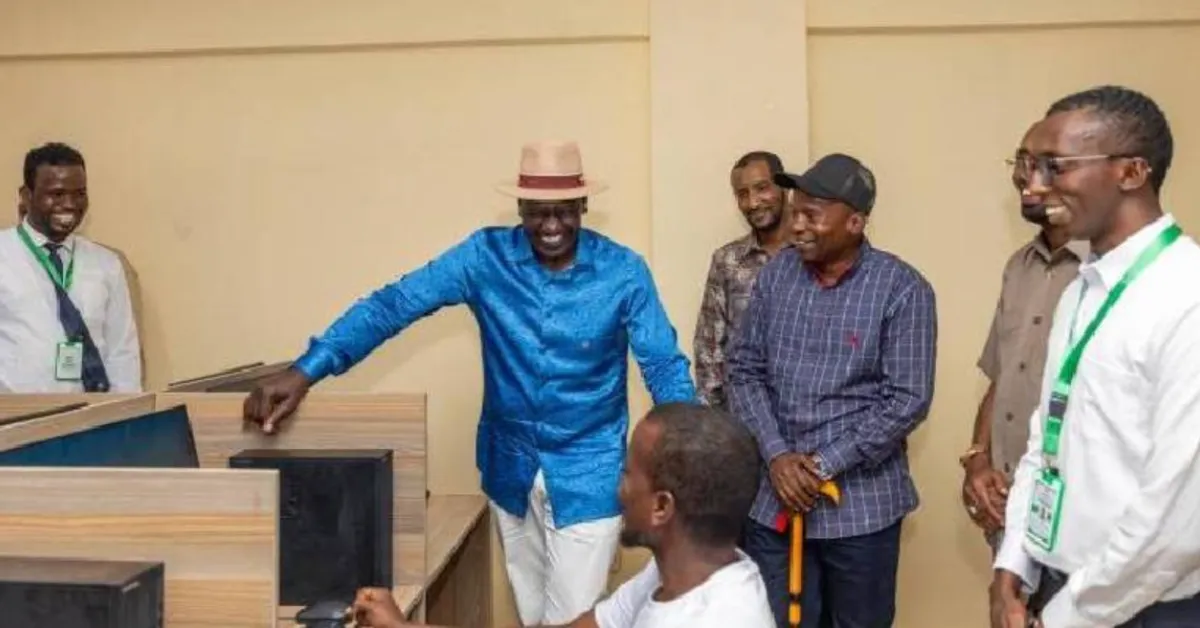
The Kenyan government is under increasing pressure to reform its national identification card (ID) registration process.
This follows decades of alleged discriminatory practices against ethnic-Somali and Nubian communities, hindering their access to basic services and full citizenship rights. The issue gained renewed attention after President William Ruto announced the abolition of vetting committees in January, a move lauded by rights groups but met with skepticism over its legal enforceability and potential political motivations ahead of the 2027 elections.
The controversial vetting committees, established in the 1990s under the guise of national security concerns, have been widely criticized for disproportionately targeting Muslim-majority communities in the predominantly Christian nation. These committees hold significant power in determining ID eligibility, often leaving applicants without recourse. A recent court ruling highlighted the injustice, finding that Kenyan Somalis had been wrongly denied citizenship based on their refugee designation.
Without an ID card, individuals are effectively disenfranchised, unable to vote, move freely, or access essential services such as healthcare and education. According to the Kenya National Bureau of Statistics, approximately 2.5 million adults, representing nine percent of the adult population, remain without this crucial document.
The challenges are exemplified by the case of Abdi Khalif Aden, a 60-year-old ethnic-Somali man from Wajir County, who has been repeatedly denied an ID despite multiple applications since 1997. Aden's lack of a birth certificate, coupled with his pastoralist background, has made navigating the vetting process exceedingly difficult. His only proof of citizenship is his uncle's outdated documents, effectively confining him to his remote region.
Corruption within the ID registration process further exacerbates the problem, with reports of individuals circumventing vetting procedures through bribery. Recent incidents also indicate that village chiefs are illegally processing ID cards for Somali terror suspects. The Nubian community in Kenya faces similar hurdles, struggling to gain full recognition of their nationality despite not residing in border counties. Many Nubians have resorted to adopting indigenous Kenyan names to ease the registration process.
Moses Gwovi, a senior officer at Namati, a Kenyan group specializing in citizenship rights, emphasizes the unchecked power wielded by the vetting committees. Critics contend that President Ruto's declaration to abolish these committees requires legislative backing to translate into tangible change, raising concerns that the announcement may be a political maneuver.





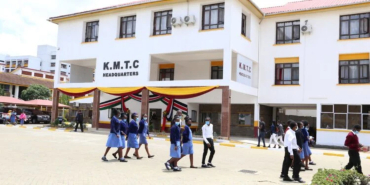
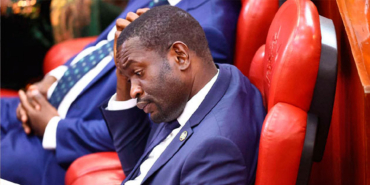

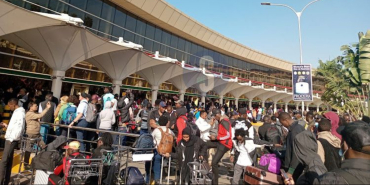
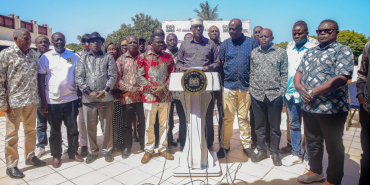




Add new comment